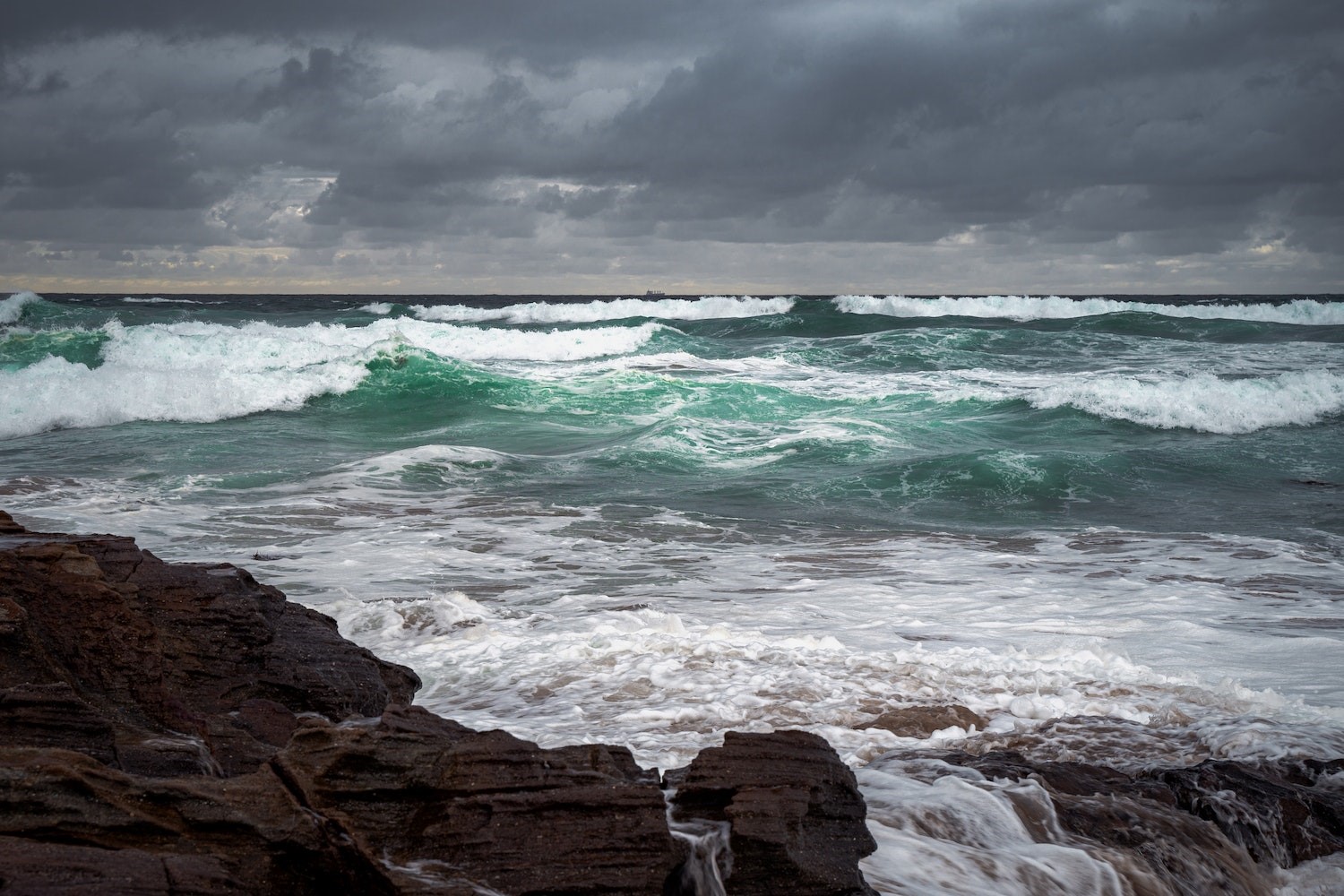It’s no longer news that we are in a climate crisis. From increasing temperatures to extreme weather events, rising sea levels, etc., our planet is always calling our attention to the undeniable fact. Sadly, it’s our human activities that pollute the environment and are mostly to blame for these distressing events.
A recent study has revealed yet another warning sign that we need to be kinder to our environment or risk having nothing to pass on to our coming generations. According to the study titled “Global climate-change trends detected in indicators of ocean ecology,” the oceans are changing color because phytoplanktons are dying.
Phytoplanktons are greenish microscopic algae that live and float in water. Present in these microalgae is their main component, chlorophyll, which is responsible for their green coloration. Chlorophyll is the pigment necessary for photosynthesis, the process by which plants convert sunlight into chemical energy or food.
The presence or absence of phytoplankton significantly determines the color of our water bodies. It’s simple—greenish waters are evidence of high phytoplankton populations, while oceans with few phytoplanktons look more blueish. The authors of the study were able to use over 30 years of NASA satellites’ data to discover a disproportionate change in the population of phytoplanktons.
As a result of rising temperatures, changing sea levels, malnutrition, and lots more, some oceans have more phytoplanktons than they should, while the populations in other water bodies are dying. This imbalance in phytoplankton populations has adverse ecological effects.
According to Stephanie Dutkiewicz, a researcher from the Massachusetts Institute of Technology and one of the authors of the study, “These ecosystems have taken millions of years to evolve together and be in balance. Changes in such a short amount of time are not good because they put the whole ecosystem out of balance.” This is not the first time Dutkiewicz and other researchers have sounded this warning.
Sadly, governments are turning a deaf ear to them and putting the needs of unethical companies in the energy industry over and above that of the planet. As Dutkiewicz put it, “It’s almost like we keep pressing the snooze button on an alarm that’s telling us we have to act now.”
The truth is that government and private persons alike have started making efforts to restore the planet’s balance. They’re now advocating for more wind, solar, and sustainable energy sources to replace dirty energy that significantly contributes to climate change. However, the problem remains the pace at which they’re doing this. Scientists fear that they are not working fast enough to adequately reverse the adverse effects of these environmental trends.
To this end, it’s important that citizens put more pressure on governments to ensure that they treat the issue of climate change with greater urgency. This includes voting in candidates that clamor for climate action, raising awareness, policy advocacy, holding elected candidates accountable, and supporting legal actions against companies with unethical practices, among others.
The planet belongs to us all, and we must do everything we can to keep it safe for our future generations.



















